Find Help
More Items From Ergsy search
-
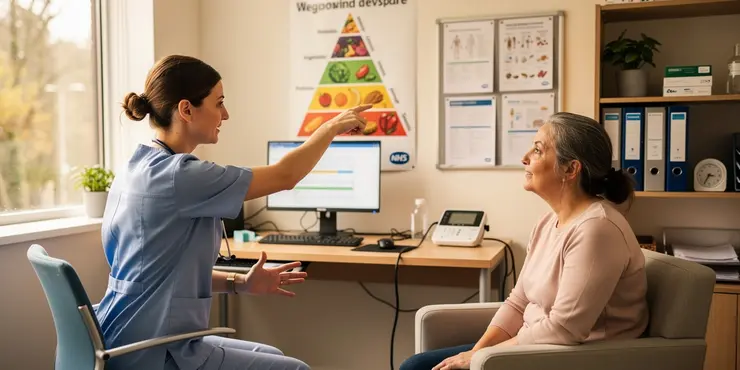
Does your diet affect IBS?
Relevance: 100%
-
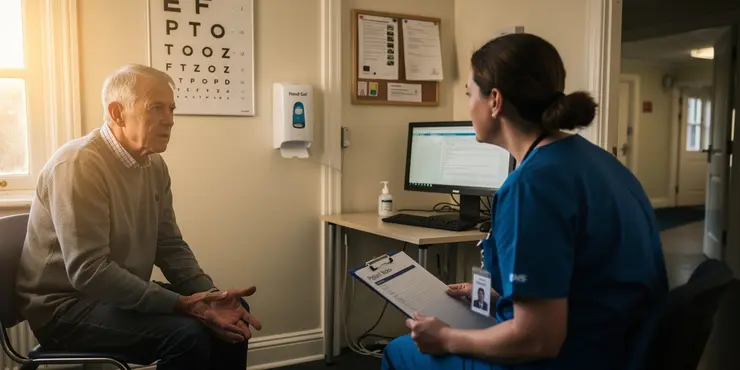
Causes of irritable bowel syndrome (IBS)
Relevance: 76%
-

Treating irritable bowel syndrome (IBS)
Relevance: 75%
-
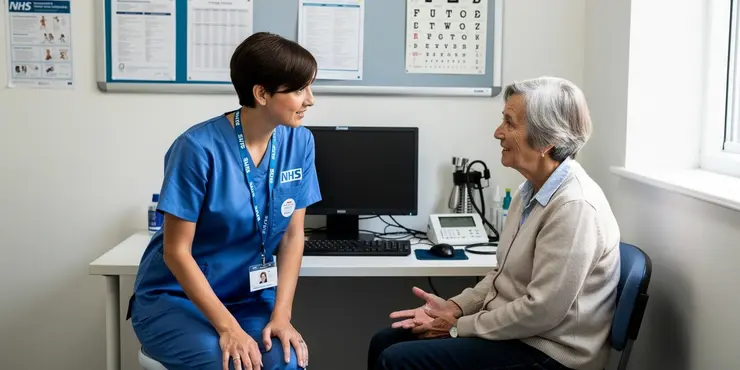
Causes of irritable bowel syndrome (IBS)
Relevance: 74%
-
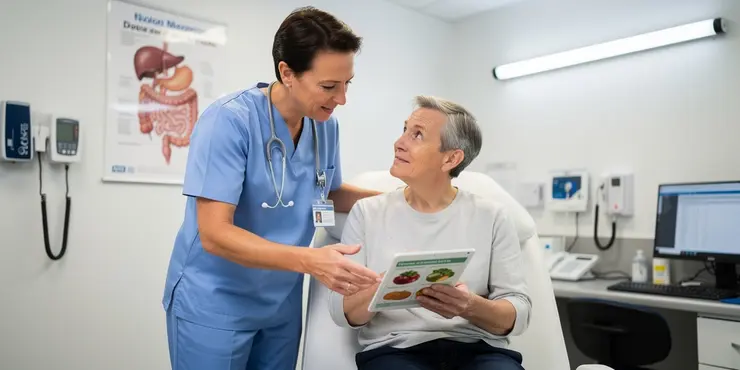
Treating irritable bowel syndrome (IBS)
Relevance: 74%
-

Diagnosing irritable bowel syndrome (IBS)
Relevance: 74%
-

IBS and your mind: Is there a connection?
Relevance: 74%
-
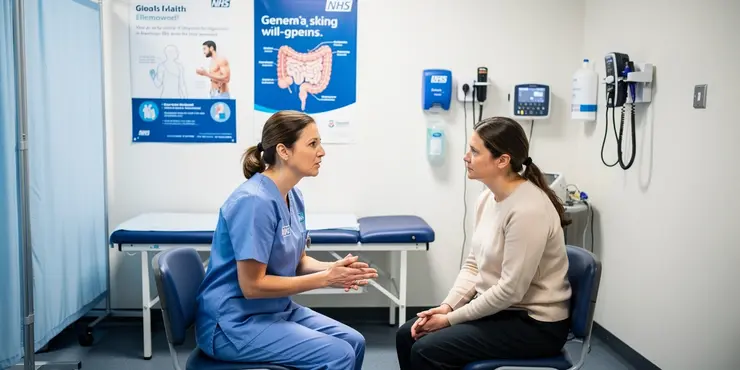
Symptoms of irritable bowel syndrome (IBS)
Relevance: 73%
-
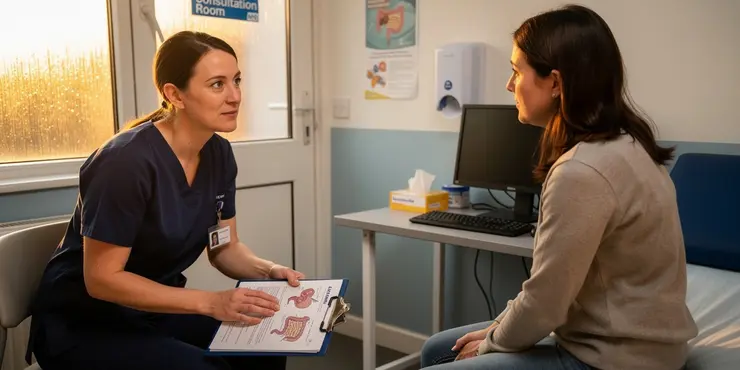
IBS and your mind: Is there a connection?
Relevance: 72%
-

What is irritable bowel syndrome (IBS)?
Relevance: 72%
-

Symptoms of irritable bowel syndrome (IBS)
Relevance: 72%
-
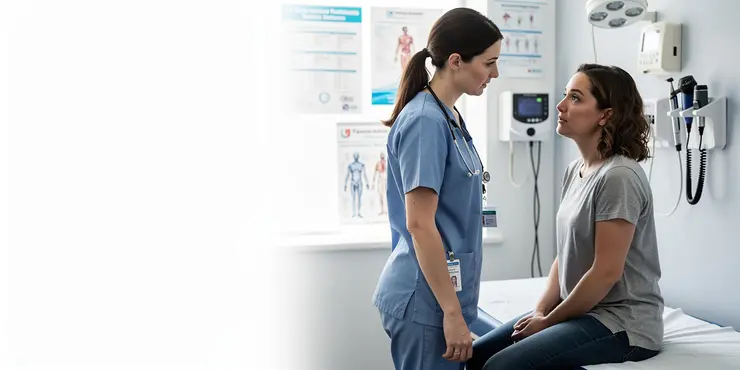
What is irritable bowel syndrome (IBS)?
Relevance: 71%
-

About irritable bowel syndrome (IBS)
Relevance: 70%
-
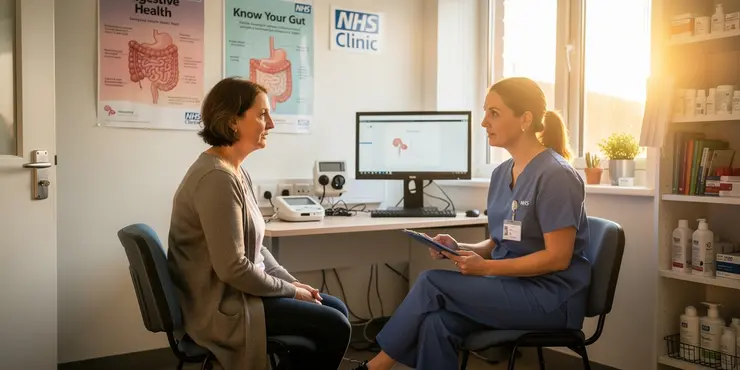
About irritable bowel syndrome (IBS)
Relevance: 70%
-
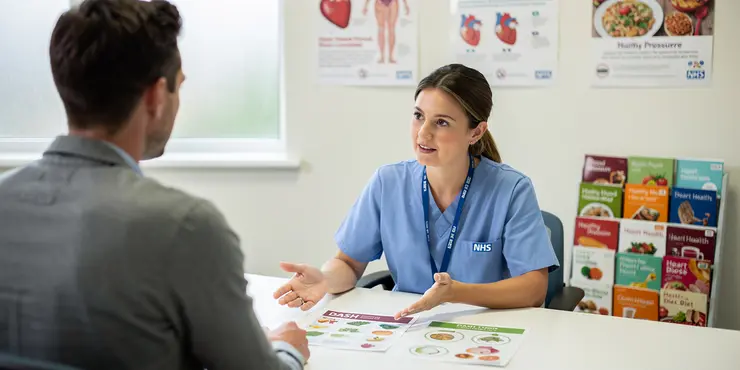
What is the DASH diet?
Relevance: 41%
-

Understanding the Benefits of the Mediterranean Diet
Relevance: 38%
-
Can a low-fat diet be unhealthy?
Relevance: 38%
-

Can diet affect psoriasis?
Relevance: 38%
-
Can diet affect tinnitus?
Relevance: 37%
-

Can diet affect eczema?
Relevance: 37%
-

Can diet affect asthma?
Relevance: 37%
-

Can diet impact BPH?
Relevance: 36%
-

Can diet affect ADHD symptoms?
Relevance: 36%
-
Why is fat important in my diet?
Relevance: 36%
-

What is the best diet for Crohn’s disease?
Relevance: 35%
-
What is the omega-6 to omega-3 ratio in diets?
Relevance: 35%
-
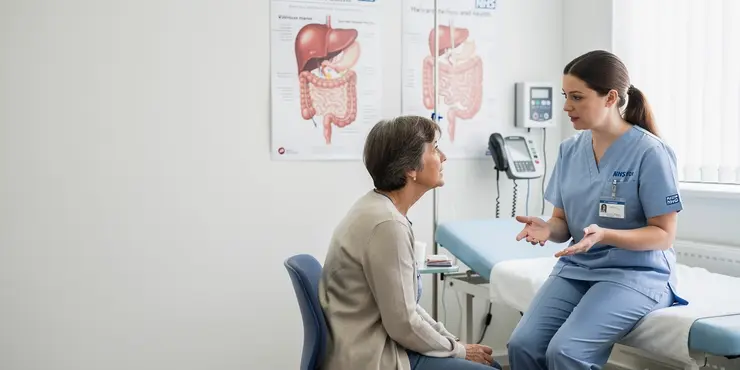
Is diet linked to the rise in bowel cancer?
Relevance: 35%
-
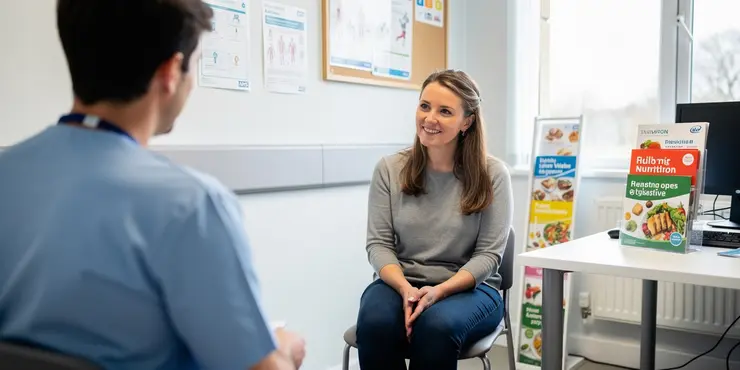
Can diet influence cortisol levels?
Relevance: 35%
-
What is the role of sugar in a balanced diet?
Relevance: 34%
-

How does a high-sugar diet affect gut health in older adults?
Relevance: 34%
-

Can diet impact postnatal depression?
Relevance: 34%
-

How does diet affect blood pressure?
Relevance: 34%
-

Can junk food be part of a balanced diet?
Relevance: 33%
-
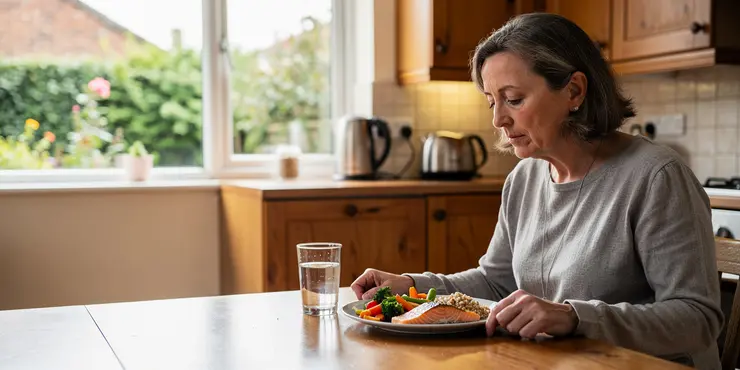
What is the role of diet in managing heart failure?
Relevance: 33%
-

How does diet affect tooth decay?
Relevance: 33%
-
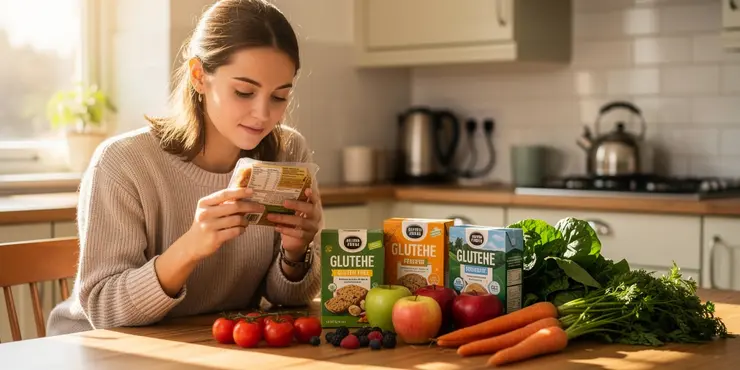
Coeliac Disease: The gluten free diet
Relevance: 33%
-

Record Number of Brits Embrace Plant-Based Diets for Wellbeing
Relevance: 33%
-
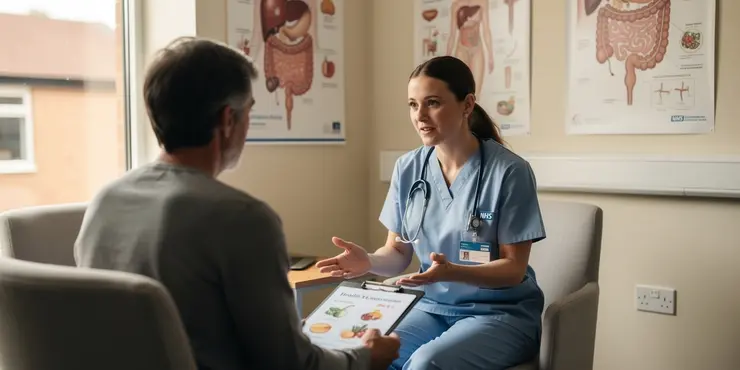
Can diet or lifestyle changes prevent appendicitis?
Relevance: 33%
-
Can orange juice be part of a healthy diet?
Relevance: 33%
-
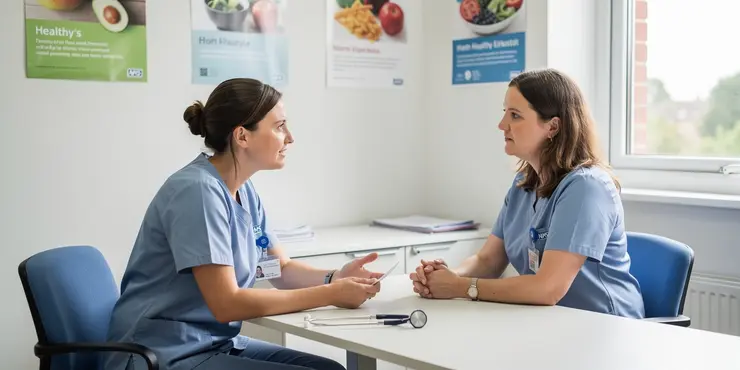
Do you need to follow a specific diet while on Wegovy?
Relevance: 32%
Does Your Diet Affect IBS?
Introduction to Irritable Bowel Syndrome (IBS)
Irritable Bowel Syndrome (IBS) is a common gastrointestinal disorder that affects many people in the United Kingdom. Individuals suffering from IBS often experience a variety of symptoms, including abdominal pain, bloating, gas, diarrhea, and constipation. Although the exact cause of IBS is unknown, several factors, including diet, are believed to play a significant role in managing and triggering symptoms.The Role of Diet in IBS Management
Dietary choices can significantly impact the frequency and severity of IBS symptoms. For many sufferers in the UK, identifying and avoiding specific trigger foods can lead to substantial relief. Some common dietary triggers include fatty foods, certain meats, dairy products, caffeine, and artificial sweeteners. Incorporating a balanced diet rich in fiber, fresh fruits, and vegetables while avoiding known triggers can help manage the condition effectively.FODMAPs and Their Impact
In recent years, the low FODMAP diet has garnered attention as a powerful tool in managing IBS. FODMAPs are types of carbohydrates found in various foods that can be poorly absorbed in the intestine. They include oligosaccharides, disaccharides, monosaccharides, and polyols. Foods high in FODMAPs, such as certain fruits, vegetables, grains, and dairy products, can exacerbate IBS symptoms for those sensitive to these compounds. Adopting a low FODMAP diet, under the guidance of a healthcare professional, can provide relief for many sufferers.Probiotics and Gut Health
The health of the gut microbiome is intrinsically linked to IBS. Probiotics, which are beneficial bacteria found in some foods and supplements, can help restore the natural balance of gut flora. Consuming probiotic-rich foods like yogurt, kefir, and fermented vegetables, or taking a high-quality probiotic supplement, may alleviate some IBS symptoms by promoting a healthier digestive environment.Personalized Dietary Plans
Given the variability in IBS triggers among individuals, a personalized dietary plan can be particularly beneficial. Working with a dietitian or healthcare provider experienced in IBS can help sufferers identify specific foods that trigger their symptoms and create a tailored eating plan. Keeping a food diary can also assist in tracking which foods exacerbate symptoms and which are well-tolerated.Conclusion
In conclusion, diet plays a pivotal role in managing IBS for many individuals in the UK. By understanding and avoiding common triggers, exploring the benefits of a low FODMAP diet, incorporating probiotics, and developing a personalized dietary plan, sufferers can significantly reduce symptoms and improve their overall quality of life. Consulting with healthcare professionals is essential to ensure that dietary changes are both safe and effective.Does Your Diet Affect IBS?
What is Irritable Bowel Syndrome (IBS)?
Irritable Bowel Syndrome, or IBS, is a condition that affects the stomach and intestines. It is common in the UK. People with IBS may have tummy pain, feel bloated, have gas, diarrhea, or constipation. We do not know exactly what causes IBS, but diet is one factor that can help control or trigger symptoms.How Does Diet Help Manage IBS?
What you eat can make your IBS better or worse. In the UK, many people with IBS feel better when they avoid certain foods. Bad foods for IBS can include fatty foods, some meats, dairy, caffeine, and artificial sweeteners. Eating a balanced diet with lots of fiber, fruits, and vegetables, while avoiding these bad foods, can help manage IBS.What Are FODMAPs?
A low FODMAP diet is helpful for some people with IBS. FODMAPs are a type of carbohydrate found in many foods. Some people cannot digest them well, which can make IBS worse. Foods high in FODMAPs can include some fruits, vegetables, grains, and dairy. You should talk to a doctor before starting a low FODMAP diet to see if it could help you.Can Probiotics Help with IBS?
Your gut, or tummy, has many bacteria that help it work well. Probiotics are good bacteria found in some foods and supplements. Foods like yogurt, kefir, and fermented vegetables have probiotics. Taking probiotics can make your tummy healthier and help with IBS symptoms.Should You Have a Personalized Diet Plan?
Everyone with IBS is different. A personalized diet can be very helpful. A dietitian or doctor can help you find out which foods are good for you and which are not. Keeping a food diary can help you see which foods make you feel worse and which do not.Conclusion
Diet is very important for people with IBS in the UK. By knowing which foods to avoid, trying a low FODMAP diet, taking probiotics, and having a personal diet plan, you can feel much better. It is important to talk to healthcare providers to make sure any diet changes are safe and helpful for you.Frequently Asked Questions
Can certain foods trigger IBS symptoms?
Yes, certain foods can trigger IBS symptoms. Common triggers include fatty foods, dairy products, certain fruits and vegetables, caffeine, and artificial sweeteners.
Is fibre good or bad for IBS?
Fibre can have varying effects on IBS depending on its type. Soluble fibre, found in foods like oats, barley, and fruits, can help manage symptoms, while insoluble fibre found in whole grains and vegetables might aggravate symptoms in some individuals.
Should I avoid dairy if I have IBS?
Many people with IBS find that reducing or avoiding dairy products helps relieve their symptoms. Lactose intolerance, which is common in people with IBS, can also cause symptoms similar to IBS.
How does the low FODMAP diet help with IBS?
The low FODMAP diet involves restricting foods high in fermentable oligosaccharides, disaccharides, monosaccharides, and polyols. These compounds can be poorly absorbed and fermented in the gut, leading to symptoms like bloating, gas, and pain.
Can alcohol worsen IBS symptoms?
Yes, alcohol can irritate the gut and worsen IBS symptoms. Different types of alcohol may affect individuals differently, but overall, reducing alcohol intake is often recommended for those with IBS.
Is gluten-free diet beneficial for IBS?
For some people with IBS, a gluten-free diet can help alleviate symptoms, especially if they have a sensitivity to gluten. However, it’s not universally beneficial for everyone with IBS.
Do probiotics help with IBS?
Some probiotics, particularly specific strains of Bifidobacterium and Lactobacillus, may help reduce IBS symptoms, such as bloating and gas. However, their effectiveness can vary between individuals.
Is it necessary to drink more water if I have IBS?
Staying well-hydrated is important for overall health and can help manage IBS symptoms, particularly if you are increasing your fibre intake. Water helps to soften stools and support digestion.
Can spicy food trigger IBS symptoms?
Spicy foods can be a trigger for some people with IBS, leading to symptoms such as abdominal pain and diarrhoea. It's best to monitor your response to spicy foods and moderate intake if necessary.
Are artificial sweeteners bad for IBS?
Some artificial sweeteners, particularly those ending in '-ol' (like sorbitol and mannitol), can cause digestive issues and trigger IBS symptoms. It’s advisable to check food labels and limit these sweeteners.
Can coffee worsen my IBS symptoms?
Yes, for many people with IBS, the caffeine in coffee can stimulate the intestines and exacerbate symptoms like diarrhoea. Decaffeinated options or herbal teas can be a better alternative.
How do fatty foods affect IBS?
Fatty foods can slow down digestion and exacerbate symptoms like bloating, gas, and diarrhoea in people with IBS. It’s often recommended to opt for leaner, lower-fat options.
Is it helpful to keep a food diary for managing IBS?
Yes, keeping a food diary can help you identify which foods trigger your IBS symptoms and aid in developing a personalised eating plan to better manage the condition.
Should I eat smaller, more frequent meals to manage IBS?
Eating smaller, more frequent meals can help manage IBS symptoms by reducing the burden on your digestive system and aiding in better digestion and absorption of nutrients.
Can stress affect my diet and IBS symptoms?
Yes, stress can influence your gut health and exacerbate IBS symptoms. Managing stress through techniques like meditation, exercise, and adequate sleep can help improve IBS management and dietary choices.
Can some foods make IBS symptoms worse?
Yes, some foods can make IBS symptoms worse. Foods that might cause problems are greasy foods, milk products, some fruits and vegetables, caffeine, and fake sugars.
If you want help, you can try:
- Keeping a food diary to see which foods bother you.
- Talking to a doctor or dietitian for advice.
- Using apps that help track your food and symptoms.
Is fibre good or bad for IBS?
Fibre is a part of food that helps us poop. Having IBS can make tummies hurt or feel funny. Fibre can help some people with IBS feel better. But for some, it might make tummies worse.
If you have IBS, try eating different kinds of fibre to see what works for you. Talk to a doctor or nurse to help you choose the right foods.
Using pictures or apps can help you understand what foods are good for you. Talking with friends or family can also help you feel better.
Fiber can affect IBS in different ways. "Soluble fiber" is found in foods like oats, barley, and fruits. It can help with IBS symptoms. But "insoluble fiber" is in whole grains and vegetables. It might make IBS symptoms worse for some people.
Can dairy make my tummy feel bad if I have IBS?
If you have IBS (which means your tummy hurts or feels funny a lot), sometimes milk, cheese, and yogurt can make it worse.
Try this:
- Ask a grown-up to help you eat less dairy to see if you feel better.
- You can try foods without dairy, like almond or soy milk.
- If your tummy still hurts, talk to a doctor to get more help.
Lots of people with tummy problems called IBS feel better when they eat less dairy, like milk or cheese. Some people with IBS also have trouble digesting a sugar in milk called lactose. This can make their tummy feel upset, just like IBS does.
How can eating low FODMAP foods help with IBS?
If you have tummy troubles, like IBS, eating low FODMAP foods might help. FODMAPs are types of foods that can upset your tummy. Eating less of them can make you feel better.
Here are some tips to try:
- Eat foods low in FODMAPs like bananas, carrots, and chicken.
- Avoid foods high in FODMAPs like onions, beans, and apples.
- Talk to a doctor or dietitian to get more help.
The low FODMAP diet means eating fewer foods that can cause tummy trouble. These foods have things called fermentable oligosaccharides, disaccharides, monosaccharides, and polyols. Some people’s tummies don't handle these well, which can cause pain, gas, and a bloated feeling.
Does drinking alcohol make IBS worse?
Yes, drinking alcohol can upset your stomach and make IBS symptoms worse. Different alcohols may affect people in different ways, but it is usually a good idea for people with IBS to drink less alcohol.
Is a gluten-free diet good for IBS?
IBS stands for Irritable Bowel Syndrome. It can make your tummy hurt and cause problems when you go to the toilet.
Some people with IBS feel better when they stop eating gluten. Gluten is found in foods like bread, pasta, and cakes. But not everyone with IBS needs to stop eating gluten.
If you have IBS, talk to a doctor or dietitian. They can help you know what foods are best for you.
A food diary can help. Write down what you eat and how you feel after. This can show if gluten is a problem for you.
Some people with IBS feel better when they stop eating gluten. Gluten is found in foods like bread and pasta. This helps if they are sensitive to gluten. But not everyone with IBS needs to do this to feel better.
Can probiotics help if you have IBS?
IBS stands for Irritable Bowel Syndrome. It means your tummy might hurt a lot or you might need to go to the toilet often.
Probiotics are tiny, good bacteria. They live in your tummy and help you feel better.
People with IBS sometimes take probiotics to see if they help their tummy feel better.
You can talk to a doctor or nurse about using probiotics for your tummy.
Using a calendar or diary can help you track how your tummy feels each day.
Some helpful bacteria called probiotics, especially types called Bifidobacterium and Lactobacillus, might help with tummy problems like bloating and gas. But they might not work the same for everyone.
Do I need to drink more water if I have IBS?
Drinking lots of water is good for your health. It helps with tummy problems like IBS (Irritable Bowel Syndrome). If you eat more fibre, water helps make your poo softer and helps your tummy feel better.
Tip: You can use a water bottle with a straw to make drinking water easier!
Can spicy food make IBS symptoms worse?
IBS stands for Irritable Bowel Syndrome. It means the tummy can hurt and feel funny.
Some people say spicy food can make IBS worse. Spicy food might hurt the tummy for some people with IBS.
If spicy food makes your tummy hurt, try eating less spicy things. You can also ask a doctor or a grown-up for help.
To feel better, you can try:
- Keeping a food diary to see what foods upset your tummy.
- Eating slowly and chewing food really well.
- Drinking plenty of water.
These might help make your tummy feel good!
Spicy foods can cause problems for some people with IBS. This might make your tummy hurt or give you diarrhea. Watch how your body reacts to spicy foods. If you feel bad, try to eat less of them.
Are fake sugars bad for tummy problems?
Some people have a tummy problem called IBS, which makes their tummy hurt and feel funny.
Fake sugars are sugars made in a lab, not from plants. They make food and drinks sweet without real sugar.
Sometimes, fake sugars can make the tummy feel worse for people with IBS.
If you have IBS, it might help to:
- Ask a doctor or a health helper for advice.
- Keep a food diary to see if fake sugars make your tummy feel funny.
- Try eating foods with real sugar or other sweeteners your tummy likes better.
Some sugar replacements, especially ones that end in '-ol' (like sorbitol and mannitol), can upset your stomach and make IBS symptoms worse. It's a good idea to look at food labels and eat less of these sweeteners.
Can drinking coffee make my IBS worse?
Yes, for many people with IBS, the caffeine in coffee can upset your tummy and make symptoms like diarrhoea worse. Try drinking decaf coffee or herbal teas instead. They might be easier on your tummy.
How do fatty foods affect IBS?
What happens to your tummy when you eat greasy foods?
Let's talk about something called IBS, which stands for Irritable Bowel Syndrome. It's when your tummy can feel upset a lot of the time.
When you eat a lot of fatty or greasy foods, like chips, fried chicken, or pizza, it might upset your tummy more if you have IBS.
Fatty foods can make your tummy crampy, bloated, or make you need to go to the toilet more often.
To feel better, try eating less greasy food. You can eat more fruits and vegetables. They help keep your tummy happy.
It's always a good idea to talk to a grown-up or a doctor if your tummy hurts a lot. They can help you find out what foods are best for you.
Foods with a lot of fat can make your tummy feel slow and cause problems like bloating, gas, and diarrhea, especially if you have IBS. It’s a good idea to choose foods with less fat to feel better.
Try using tools like picture charts or simple lists to help remember which foods are lower in fat. Eating slowly and in small portions can also help your tummy feel nice.
Should I write down what I eat to help with IBS?
Yes, writing down what you eat can help you find out which foods upset your stomach. It can help you make a plan to eat foods that are better for you and help your tummy feel better.
Is it better to eat smaller meals more often if I have IBS?
Eating small meals more often can help with tummy troubles like IBS. It makes it easier for your stomach to work and helps your body use food better.
Can stress change what I eat and my tummy troubles?
Yes, feeling stressed can affect your tummy and make IBS symptoms worse. Trying to stay calm with things like relaxing, exercising, and getting enough sleep can help you feel better and make good food choices.
Useful Links
This website offers general information and is not a substitute for professional advice.
Always seek guidance from qualified professionals.
If you have any medical concerns or need urgent help, contact a healthcare professional or emergency services immediately.
Some of this content was generated with AI assistance. We’ve done our best to keep it accurate, helpful, and human-friendly.
- Ergsy carfully checks the information in the videos we provide here.
- Videos shown by Youtube after a video has completed, have NOT been reviewed by ERGSY.
- To view, click the arrow in centre of video.
- Most of the videos you find here will have subtitles and/or closed captions available.
- You may need to turn these on, and choose your preferred language.
- Go to the video you'd like to watch.
- If closed captions (CC) are available, settings will be visible on the bottom right of the video player.
- To turn on Captions, click settings .
- To turn off Captions, click settings again.
More Items From Ergsy search
-

Does your diet affect IBS?
Relevance: 100%
-

Causes of irritable bowel syndrome (IBS)
Relevance: 76%
-

Treating irritable bowel syndrome (IBS)
Relevance: 75%
-

Causes of irritable bowel syndrome (IBS)
Relevance: 74%
-

Treating irritable bowel syndrome (IBS)
Relevance: 74%
-

Diagnosing irritable bowel syndrome (IBS)
Relevance: 74%
-

IBS and your mind: Is there a connection?
Relevance: 74%
-

Symptoms of irritable bowel syndrome (IBS)
Relevance: 73%
-

IBS and your mind: Is there a connection?
Relevance: 72%
-

What is irritable bowel syndrome (IBS)?
Relevance: 72%
-

Symptoms of irritable bowel syndrome (IBS)
Relevance: 72%
-

What is irritable bowel syndrome (IBS)?
Relevance: 71%
-

About irritable bowel syndrome (IBS)
Relevance: 70%
-

About irritable bowel syndrome (IBS)
Relevance: 70%
-

What is the DASH diet?
Relevance: 41%
-

Understanding the Benefits of the Mediterranean Diet
Relevance: 38%
-
Can a low-fat diet be unhealthy?
Relevance: 38%
-

Can diet affect psoriasis?
Relevance: 38%
-
Can diet affect tinnitus?
Relevance: 37%
-

Can diet affect eczema?
Relevance: 37%
-

Can diet affect asthma?
Relevance: 37%
-

Can diet impact BPH?
Relevance: 36%
-

Can diet affect ADHD symptoms?
Relevance: 36%
-
Why is fat important in my diet?
Relevance: 36%
-

What is the best diet for Crohn’s disease?
Relevance: 35%
-
What is the omega-6 to omega-3 ratio in diets?
Relevance: 35%
-

Is diet linked to the rise in bowel cancer?
Relevance: 35%
-

Can diet influence cortisol levels?
Relevance: 35%
-
What is the role of sugar in a balanced diet?
Relevance: 34%
-

How does a high-sugar diet affect gut health in older adults?
Relevance: 34%
-

Can diet impact postnatal depression?
Relevance: 34%
-

How does diet affect blood pressure?
Relevance: 34%
-

Can junk food be part of a balanced diet?
Relevance: 33%
-

What is the role of diet in managing heart failure?
Relevance: 33%
-

How does diet affect tooth decay?
Relevance: 33%
-

Coeliac Disease: The gluten free diet
Relevance: 33%
-

Record Number of Brits Embrace Plant-Based Diets for Wellbeing
Relevance: 33%
-

Can diet or lifestyle changes prevent appendicitis?
Relevance: 33%
-
Can orange juice be part of a healthy diet?
Relevance: 33%
-

Do you need to follow a specific diet while on Wegovy?
Relevance: 32%


